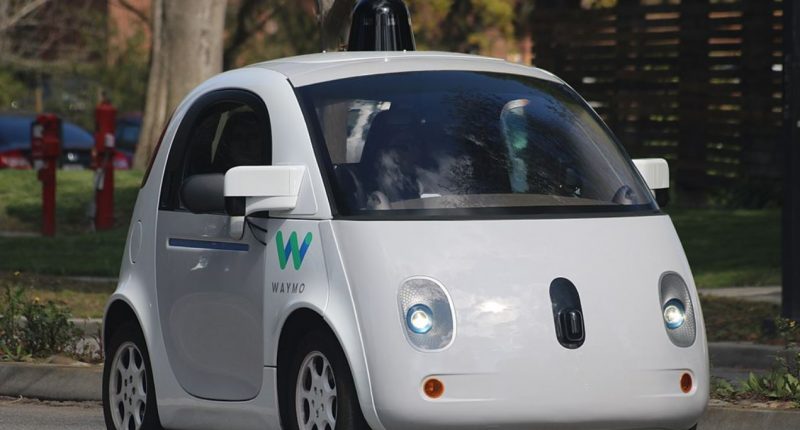Waymo, the self-driving unit of Alphabet, has received official clearance from California regulators to extend its driverless ride-hailing service to San Jose. The California Public Utilities Commission (CPUC) on Monday approved Waymo’s proposal to operate its fully autonomous vehicle fleet across an expanded service area encompassing most of San Jose and additional sections of the Bay Area’s Peninsula region.
This approval builds up on Waymo’s gradual expansion in California, where the company already operates in San Francisco and several neighboring cities, including Mountain View, Palo Alto, Los Altos, and Sunnyvale. With San Jose now included under its commercial permit, Waymo can run its robotaxi services in over 85 square miles of urban area across Silicon Valley. This development comes as other players, most notably Tesla, gear up for broader entry into the robotaxi space. Tesla is reportedly preparing to debut its own service in Austin, Texas, with plans to extend to California later this year.
Despite the CPUC’s decision, Waymo has indicated that it will not immediately launch operations in the newly approved zones. The company emphasized that deployment will occur in a phased manner and will be dependent on internal readiness assessments and infrastructure compatibility. In a statement shared publicly, Waymo noted, “While this won’t change our operations in the near-term, we’re looking forward to bringing the benefits of Waymo One to more of the Bay Area in the future.” San Jose Mayor Matt Mahan expressed strong support for the expansion, calling the decision long overdue. “It’s about time autonomous vehicles rolled into San José,” he said, adding that the city is well-positioned to serve as a hub for forward-thinking transportation systems.
Waymo currently provides an estimated 250,000 paid autonomous rides each week across its markets, including not only California but also Arizona and Texas. The company remains the only firm in the US operating a commercial driverless taxi service at such scale. In addition to its public service in city streets, Waymo recently obtained a temporary permit to map roads at San Francisco International Airport (SFO).
While the approval to expand into San Jose marks a milestone, Waymo continues to operate under close observation by regulators and the public. Past incidents in San Francisco involving various AV operators have fueled safety concerns, particularly around pedestrian interactions and vehicle response in complex traffic scenarios. Though Waymo has avoided the more severe mishaps that plagued competitors such as General Motors’ Cruise (whose operations were suspended following a high-profile incident) scrutiny remains. And to add to this, Waymo also recently announced a voluntary recall of over 1,200 vehicles to address issues related to their ability to detect and respond to objects like gates and chains, following inquiries from the National Highway Traffic Safety Administration (NHTSA).
The Tech Portal is published by Blue Box Media Private Limited. Our investors have no influence over our reporting. Read our full Ownership and Funding Disclosure →






